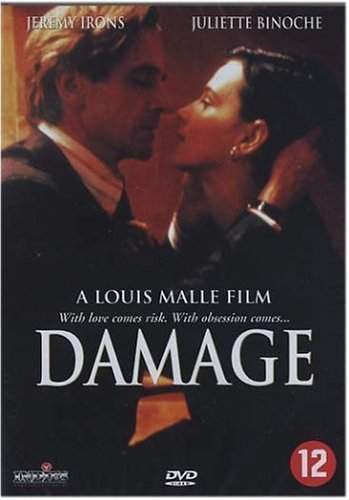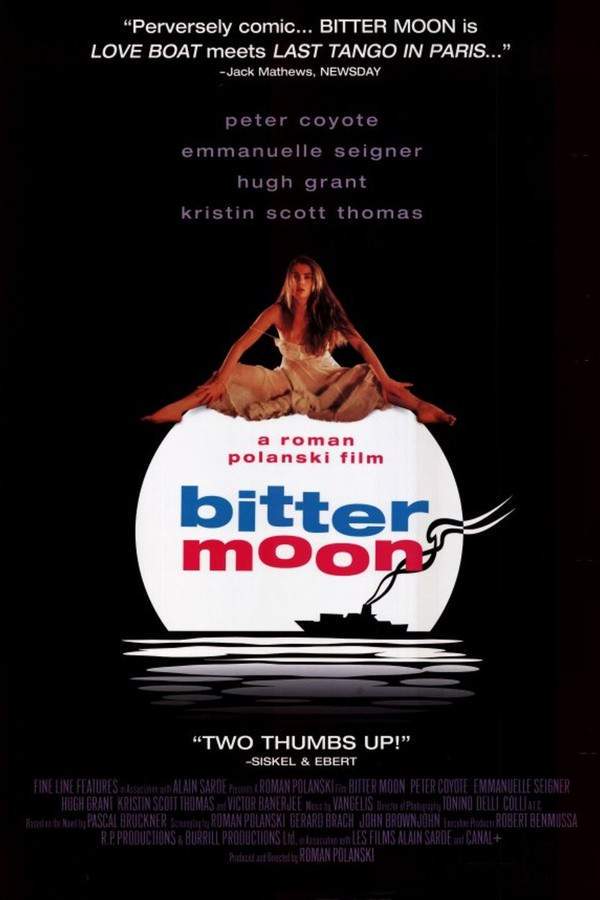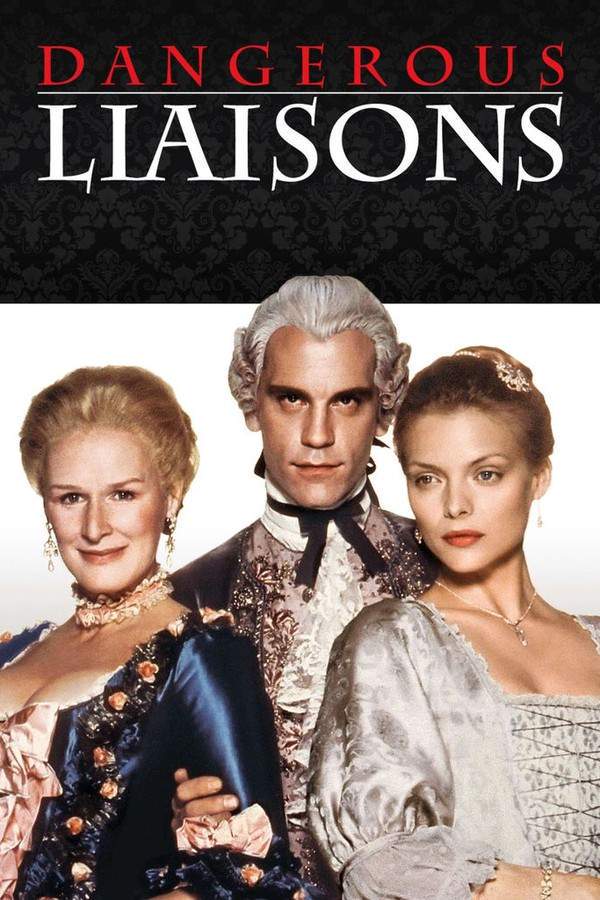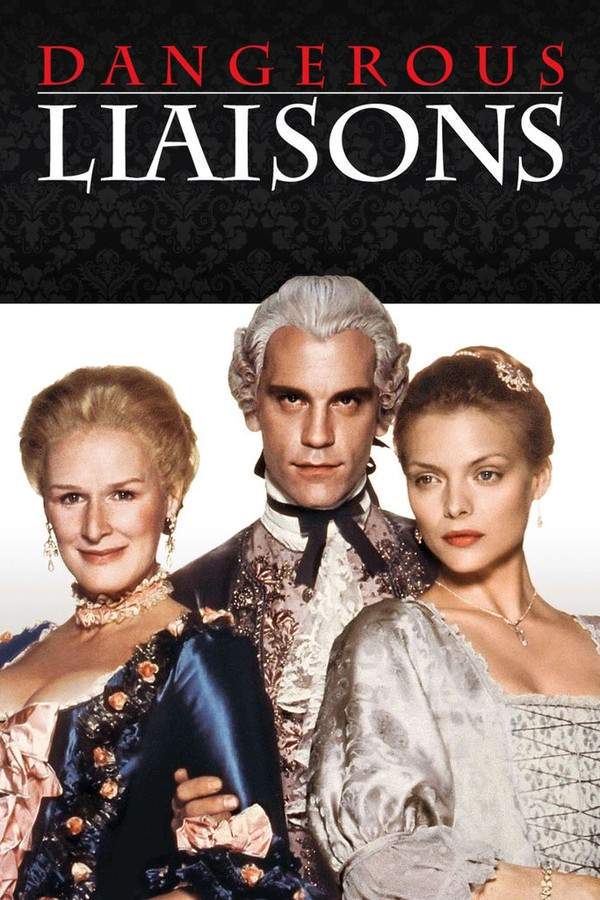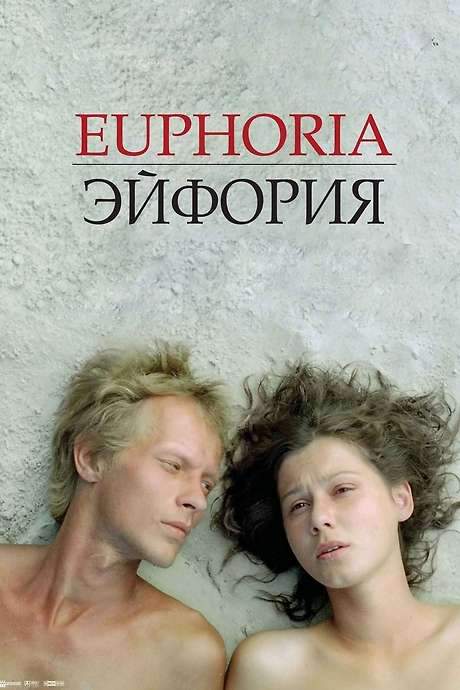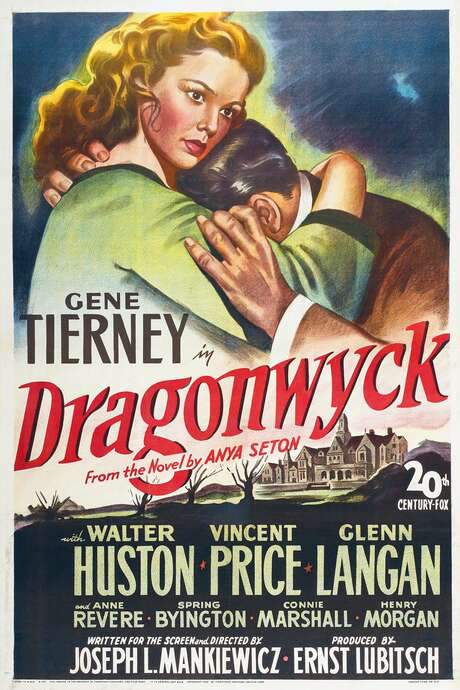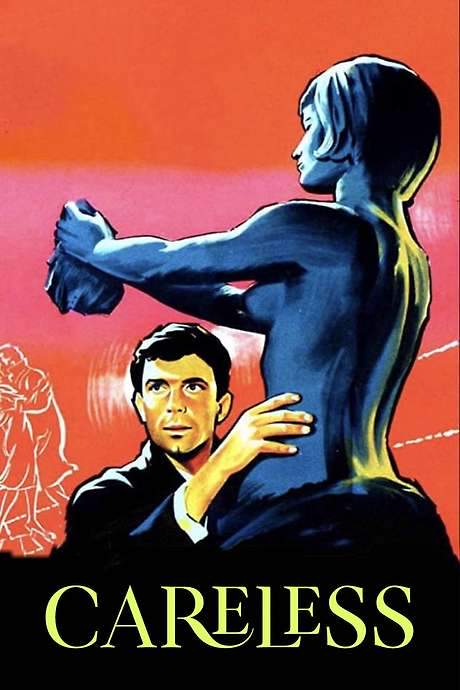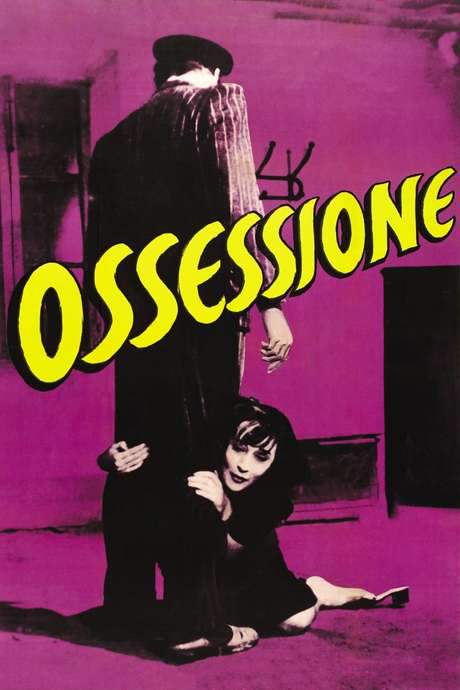
Senso
Year: 1954
Runtime: 123 mins
Language: Italian
Director: Luchino Visconti
Set amid a decadent, corrupt aristocracy, the story follows a troubled, neurotic Italian countess who, driven by obsessive passion, betrays her country by entering a self‑destructive love affair with an Austrian lieutenant, leading to a tragic and inevitable downfall for both, and the fragile balance of loyalty and desire.
Warning: spoilers below!
Haven’t seen Senso yet? This summary contains major spoilers. Bookmark the page, watch the movie, and come back for the full breakdown. If you're ready, scroll on and relive the story!
Senso (1954) – Full Plot Summary & Ending Explained
Read the complete plot breakdown of Senso (1954), including all key story events, major twists, and the ending explained in detail. Discover what really happened—and what it all means.
Set in Italy during the volatile years around 1866, the film unfolds against the broader backdrop of the Italian unification and the war that would reshape borders in the Veneto and Friuli-Venezia Giulia. The story centers on a passionate, dangerous liaison that blossoms in the shadow of siege and shifting loyalties, and it follows how personal desire collides with national upheaval.
In Venice’s grand La Fenice opera house, a performance of Il Trovatore culminates in a dramatic interruption as Italian Nationalists voice their anger toward the occupying Austrians. The moment is witnessed by Livia Serpieri, a countess who is tragically trapped by a loveless marriage to a stiff aristocrat. She is drawn into a secret romance with a dashing Austrian lieutenant, Franz Mahler, whose charm masks a calculating use of Livia for money and status. The encounter is electric and dangerous: she flings herself into a reckless affair, not caring about propriety or consequences, while Franz drifts between affection and exploitation. As their relationship deepens, Livia’s social world grows smaller in comparison to the thrill and secrecy of their meetings.
The arrangement between them is clear in its imbalance. Franz leverages Livia’s wealth and influence to stay away from the front, asking for more money to bribe army doctors so he can avoid the battlefield. Livia, intoxicated by the illusion of power and romance, supplies the funds with a liberated abandon that shocks even her. The affair evolves into a consuming fixation, where Livia’s longing begins to blur judgment and morality. Yet Franz’s absence on the front lines becomes a wound that festers, and Livia’s certainty about his fidelity begins to crack as jealousy and paranoia creep in.
War inevitably presses closer. The Austrians advance, and the Italians are forced to confront a brutal reality on the field. The couple’s private world fractures as Livia’s husband moves her away to a secluded villa, hoping to shield her from the carnage unfolding around them. The peace she seeks is fragile, and the war’s harsh tempo intrudes into every moment. Late one night, Franz returns to the estate with a hunger that blends bitterness and need. He pleads for more money to buy his way out of danger, and Livia, caught between scorched love and practical betrayal, hands over all she has—money she had intended for Roberto Ussoni, the Marchese who had already become entangled in their shared circle of political resistance. This act seals a line of treachery that reverberates through both their lives and the broader resistance.
The Battle of Custoza looms large in the narrative as the war swells to a head, and the Italians find themselves outmatched by better-equipped Austrian forces. The clash becomes a physical manifestation of the emotional chaos between Livia and Franz, who have now become more a symbol of glamour and ruin than lovers in a private world. In the fallout, Livia’s emotional horizon collapses, and she clings to Franz’s letter as a fragile tether to a man who has long since chosen a path away from her. The letter suggests caution—Franz warns her not to travel to Verona because the route is too dangerous—yet she cannot resist the pull of the man and the fantasy they once shared.
Driven by a combination of longing and desperation, Livia abandons her settled life and makes her way toward the Austrian heartland, following the traces of a relationship that she believes still holds meaning. She discovers Franz not in a quiet escape but in the company of a young prostitute, Clara. The revelation is devastating: Franz, now inebriated and self-loathing, flouts her with a cruel irony, mocking her devotion and the money she has given him. The encounter is a turning point, forcing Livia to confront the fragility of the world she thought she controlled. In a moment of stark clarity and pain, she is thrust out into the streets, where the atmosphere is thick with soldiers and danger, and her mental state begins to fray under the strain of memory and humiliation.
Compelled by a grim sense of evidence, Livia heads to the Austrian Army’s headquarters, carrying the very letter that once symbolized her power and affection. She presents the letter as proof of Franz’s treason, and the general who reads it sees the truth of what has transpired beneath the surface of their relationship. Franz is executed by firing squad, a public and brutal consequence that underscores the era’s harsh realities. The drama closes on a note of ruin and obsession: Livia, now overwhelmed by madness, calls out her lover’s name into the night as the world around her continues to churn with the echoes of war and betrayal.
Across its threads of passion, power, and political conflict, the film paints a portrait of how love can become an instrument of vulnerability. It explores the seductive pull of a romance that thrives on secrecy and wealth, while also showing how a landscape ripped by war can amplify the consequences of personal choices. The characters’ fates are shaped not only by their desires but by an era’s demands—an era marked by national upheaval, strategic deception, and the fearsome costs of loyalty misplaced. In the end, the tale reads as a meditation on the fragility of affection when confronted with history’s inexorable march and the brutal verdicts of a world at war.
Notes on cast: Roberto Ussoni is the politically minded Marchese whose actions help spark the central conflict, and Clara enters as a provocative counterpoint to the relationship, highlighting the social and moral tensions that frame Livia’s fall. The performances by the principal players—Livia Serpieri and Franz Mahler—are anchored by the dramatic weight of the period, offering a nuanced look at desire, power, and the desolate lines drawn by war.
Last Updated: October 05, 2025 at 11:28
Explore Movie Threads
Discover curated groups of movies connected by mood, themes, and story style. Browse collections built around emotion, atmosphere, and narrative focus to easily find films that match what you feel like watching right now.
Movies about obsessive passion and downfall like Senso
Stories where uncontrollable desire leads to betrayal and ruin.If you were captivated by the toxic, all-consuming affair in Senso, explore more movies like it. This collection features intense dramas and romances where characters are destroyed by their own obsessive desires, leading to betrayal and bleak endings.
Narrative Summary
Narratives in this thread typically follow a protagonist who becomes entangled in a powerful, often illicit, attraction. This passion acts as a catalyst, eroding their moral compass and personal connections, leading to a series of self-destructive choices that culminate in a tragic loss—be it of status, sanity, or life itself.
Why These Movies?
These films are grouped by their central theme of love as a destructive force. They share a high emotional intensity, a dark or bleak tone, and a focus on the psychological descent of a character driven by an obsession that ultimately proves fatal to their well-being.
Historical dramas about corruption and war like Senso
Dramas set in opulent, corrupt societies collapsing under the pressures of war.For viewers who appreciated the setting of Senso, this list features similar movies about aristocratic corruption and personal downfall during wartime. Discover stories where the glamour of a bygone era masks a deep moral decay, similar to the vibe of Senso.
Narrative Summary
The narrative pattern involves a central character, often from a privileged class, navigating a society that is outwardly elegant but inwardly corrupt. The intrusion of war—or political upheaval—shatters the fragile illusion, forcing confrontations between personal indulgence and larger loyalties, typically resulting in a loss of innocence and a bleak reassessment of their world.
Why These Movies?
These movies share a specific atmospheric blend: a lush, period setting, a tone of impending doom, and themes of corruption and betrayal. The similarity comes from the combination of a steady, deliberate pace, high emotional weight, and the use of a historical context to explore dark, psychological themes.
Unlock the Full Story of Senso
Don't stop at just watching — explore Senso in full detail. From the complete plot summary and scene-by-scene timeline to character breakdowns, thematic analysis, and a deep dive into the ending — every page helps you truly understand what Senso is all about. Plus, discover what's next after the movie.
Senso Timeline
Track the full timeline of Senso with every major event arranged chronologically. Perfect for decoding non-linear storytelling, flashbacks, or parallel narratives with a clear scene-by-scene breakdown.

Characters, Settings & Themes in Senso
Discover the characters, locations, and core themes that shape Senso. Get insights into symbolic elements, setting significance, and deeper narrative meaning — ideal for thematic analysis and movie breakdowns.

Senso Spoiler-Free Summary
Get a quick, spoiler-free overview of Senso that covers the main plot points and key details without revealing any major twists or spoilers. Perfect for those who want to know what to expect before diving in.

More About Senso
Visit What's After the Movie to explore more about Senso: box office results, cast and crew info, production details, post-credit scenes, and external links — all in one place for movie fans and researchers.

Similar Movies to Senso
Discover movies like Senso that share similar genres, themes, and storytelling elements. Whether you’re drawn to the atmosphere, character arcs, or plot structure, these curated recommendations will help you explore more films you’ll love.
Explore More About Movie Senso
Senso (1954) Scene-by-Scene Movie Timeline
Senso (1954) Movie Characters, Themes & Settings
Senso (1954) Spoiler-Free Summary & Key Flow
Movies Like Senso – Similar Titles You’ll Enjoy
Malena (2000) Spoiler-Packed Plot Recap
The Scent of Blood (2004) Plot Summary & Ending Explained
Passion of Love (1981) Full Summary & Key Details
Abandoned (1955) Full Movie Breakdown
Death in Venice (1971) Detailed Story Recap
Careless (1962) Movie Recap & Themes
Story of a Love Affair (1950) Film Overview & Timeline
Obsession (1943) Full Movie Breakdown
Besieged (1998) Ending Explained & Film Insights
Scent of a Woman (1974) Spoiler-Packed Plot Recap
Violent Summer (1959) Full Movie Breakdown
In the Realm of the Senses (1976) Movie Recap & Themes
Wild Blood (2008) Detailed Story Recap
Before the Revolution (1964) Full Movie Breakdown
Serenade (1956) Spoiler-Packed Plot Recap

